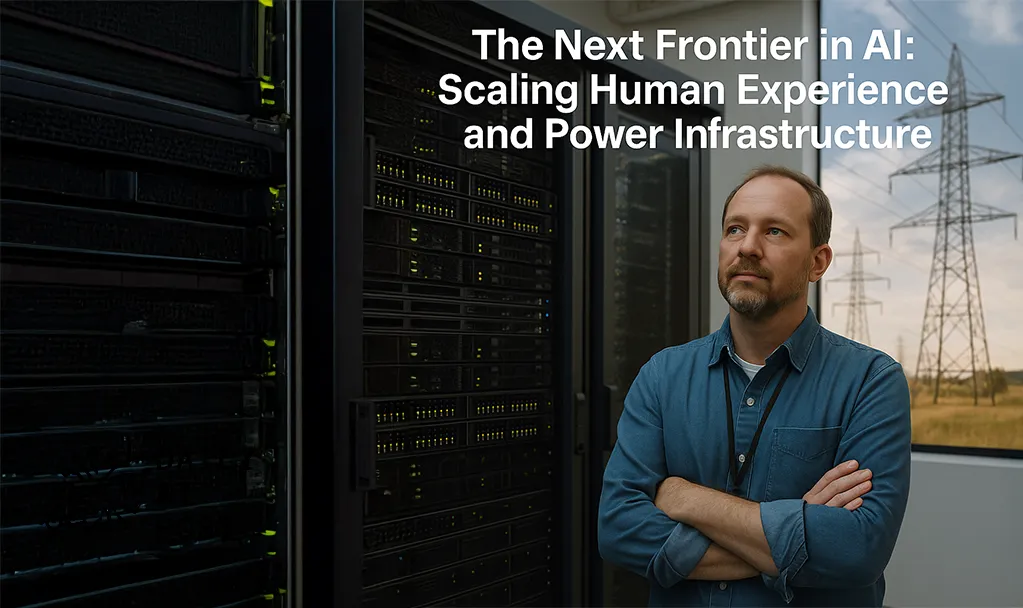
The Next Frontier in AI: Scaling Human Experience and Power Infrastructure
Wonderful AI Reimagines Global Customer Support for the Non-English World
As artificial intelligence continues to redefine industries, one startup is zeroing in on a $200 billion market that’s long been overlooked: global, multilingual customer service. Tel Aviv–based Wonderful has emerged from stealth with a $34 million seed round led by Index Ventures, focused on transforming customer support for billions of non-English-speaking users across Europe, Asia, and the Middle East.
Founded in 2025 by Bar Winkler (CEO) and Roey Lalazar (CTO), Wonderful brings a rare combination of deep technical fluency and operational velocity. The team’s mission is clear: to replace slow, fragmented, and often inadequate support channels with fluent, culturally adaptive AI agents that respond in real time across voice, chat, and email.
Unlike legacy providers that prioritize Anglophone markets, Wonderful’s agentic AI platform is built to capture the nuanced expectations of local customers — from Israeli users accustomed to interrupting live agents, to Greek callers who will abandon calls after just two minutes on hold. By designing for such subtleties, the company is already supporting hundreds of thousands of interactions for enterprise clients in industries ranging from telecom to healthcare.
Winkler, formerly a global operator at IronSource and founder of Approve.com (sold for $40M), and Lalazar, a military-trained technologist with multiple successful exits, are applying elite execution to a global problem. Their platform integrates with legacy systems, adapts to regulatory constraints, and customizes support flows at scale.
Their value proposition is twofold: superior customer experience and substantial cost reductions — a dual benefit that appeals to global enterprises. As localization becomes a competitive necessity rather than a luxury, Wonderful positions itself not simply as a support solution, but as a core business enabler.
Can AI offer not just a replacement for human empathy, but a scalable, multilingual mirror of it?
Emerald AI Envisions Data Centers as the Shock Absorbers of the Energy Grid
While AI's exponential growth powers innovation, it also burdens the global energy grid. Emerald AI, a startup backed by Nvidia and a consortium of global tech and climate investors, has surfaced with a bold proposition: transform data centers from passive energy consumers into dynamic grid assets.
With a $24.5 million seed round led by Radical Ventures, Emerald AI’s ambition is to evolve hyperscale data infrastructure into intelligent systems that react to the needs of regional electricity grids in real time. At its core is a software layer that shifts computational loads based on power availability, regional demand, and grid stress — a function critical to supporting both energy resilience and climate sustainability.
In partnership with Oracle, the Electric Power Research Institute, and Salt River Project, Emerald AI conducted a pilot in Phoenix that demonstrated a 25% reduction in AI workload energy use during peak grid stress, all while maintaining acceptable performance thresholds.
This energy-aware orchestration system, integrated with Nvidia chips and data center controllers, offers capabilities like intelligent load redirection, temporary processing throttles, and real-time optimization across distributed facilities. In doing so, it reduces pressure on new power generation and improves integration of renewable energy sources.
Founder and physicist Varun Sivaram, a former senior aide to U.S. climate envoy John Kerry, envisions a paradigm shift: a future where hyperscale infrastructure becomes a “virtual power plant” — absorbing, adapting, and redistributing demand as needed.
As utilities struggle with interconnection wait times spanning 5–10 years, Emerald AI’s solution could offer immediate relief. More importantly, it redefines how software, energy, and computation might co-evolve under a shared mandate of resilience.
As AI accelerates and energy constraints loom, will the future of intelligence hinge on how well we can teach machines to conserve power as deftly as they process it?